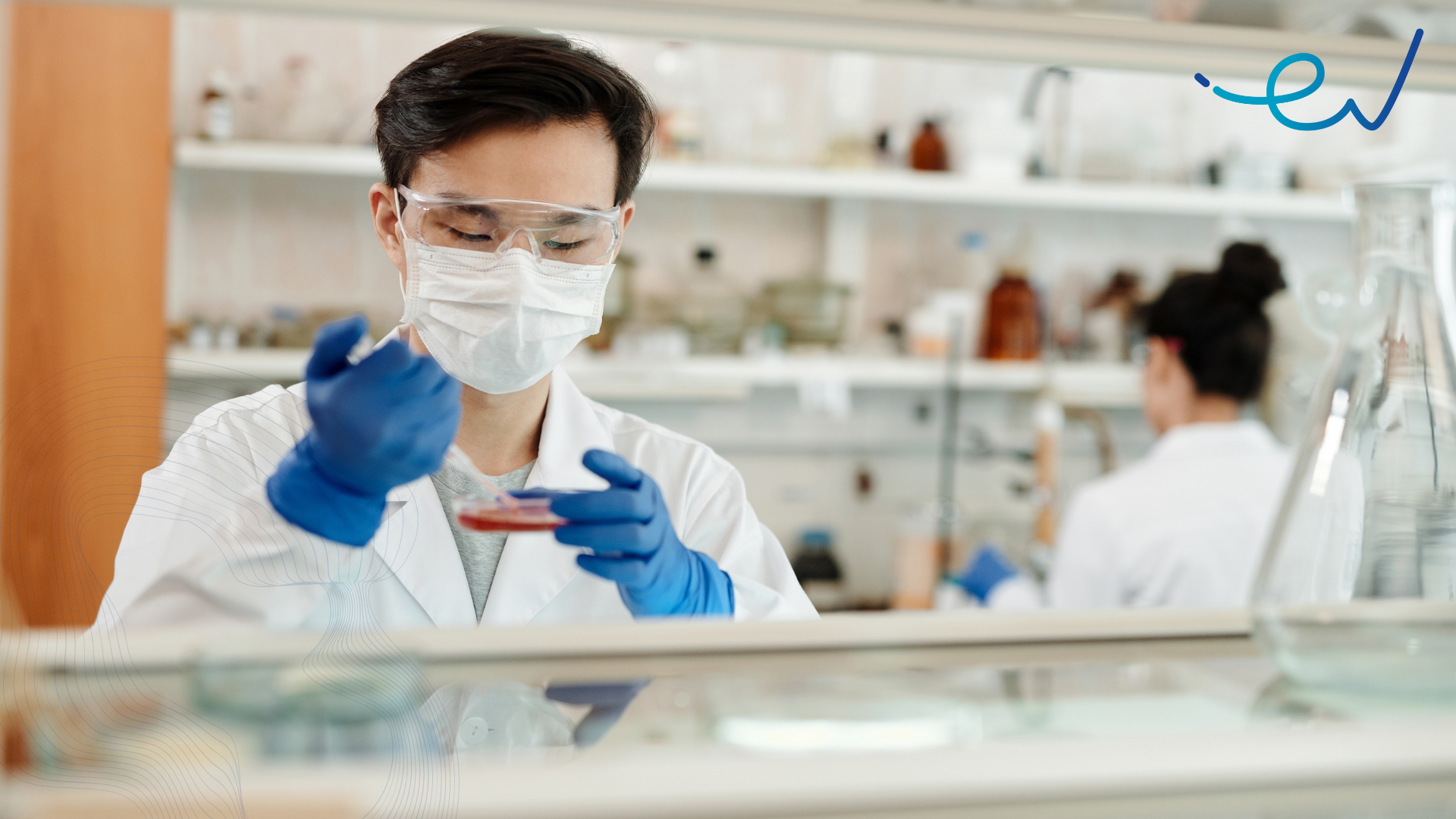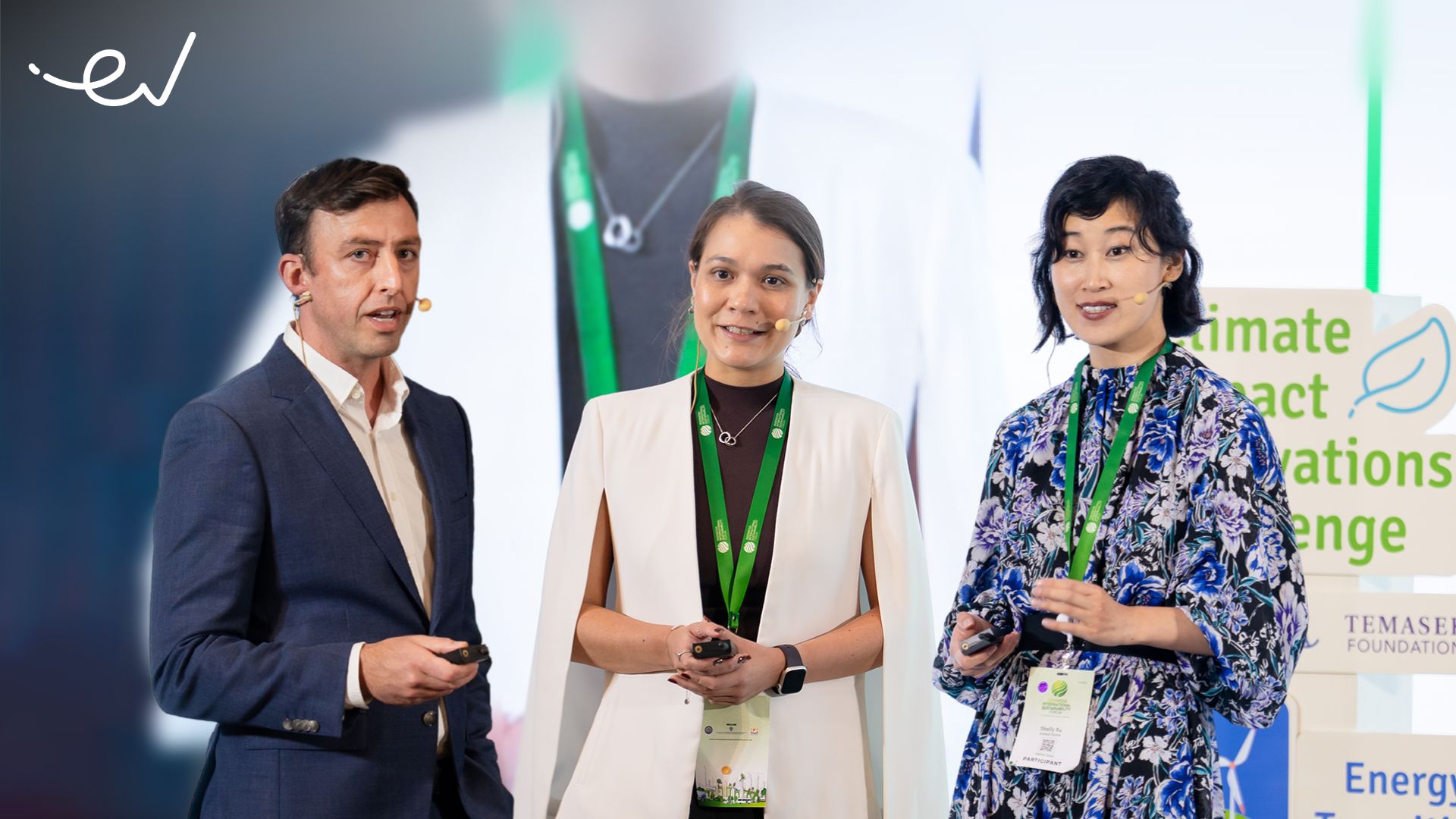With an over 270 million population, Indonesia remains an emerging medical market, supported by the surge of healthcare awareness demanded by the rising middle-income community.
However, the country has faced chronic problems as the pandemic unveils shortcomings and an elevated sense of urgency to develop a more resilient healthcare system and innovations.
“We have a strong belief that biotech innovations can help to overcome the healthcare issues that have existed in Indonesia for many years. Nalagenetics and Nusantics are biotech startups that have different methodologies in solving the problems. Both startup founders have strong backgrounds in the science and biotech industry, which is an integral asset for the companies,” said Avina Sugiarto, Venture Partner at East Ventures.
Both biotech startups are backed by East Ventures, a pioneering and leading sector-agnostic venture capital firm in Indonesia.
Nalagenetics: biotech company specializing in prescriptions efficacy and drug response through DNA testing
Nalagenetics was established in 2016 by a team of scientists from Indonesia and Singapore. They are Levana Sani, Alexander Lezhava, Astrid Irwanto, and Jianjun Liu.
At Genome Institute of Singapore (GIS), the scientists were working on Human Genomics research focusing on pharmacogenomics on a drug called Dapsone, a prescription medicine to treat leprosy. The research group at GIS discovered the biomarker that predicted Dapsone Hypersensitivity Syndrome (DHS),a potentially adverse drug reaction, caused by the drug that was supposed to save their lives.
The research team won the attention of the Indonesian government, and helped the government in deploying 1,000 genetic test kits in five villages in Papua. The study found that 20 percent of leprosy patients carried the biomarker, and it helped doctors decide which patients could be safely treated with the drug.
The founders then establish Nalagenetics, to develop capabilities around population genomics starting with pharmacogenomics, a branch that predicts drug metabolism with aims to reduce adverse drug reaction, increase prescription efficacy, and cost-efficiency.
“Adverse drug reactions are responsible for 8 percent of hospital admissions today, wasting about $30 billion of healthcare resources in the US and a similarly significant amount in Asia. Knowing a person’s genetic makeup can therefore save patients from unwanted – sometimes deadly – adverse side effects,” said Nalagenetics’ CEO, Levana Sani.
The program has been used to adjust dosing and prescription for breast cancer adjuvant therapy. It has also shown cost-effectiveness for care in cardiology and breast cancer post-chemotherapy.
In addition to pharmacogenomics, Nalagenetics has developed reporting and interpretation modules for different applications for germline sequencing and polygenic risk scores. Nalagenetics has worked with 40+ doctors and research hospitals in Singapore and Jakarta. The company’s revenue has grown 400 percent in hospital partners and 60 percent in tests in 2021.
Nusantics: biotech company specializing in microbiome and microbial testing
Nusantics was founded in 2019 by Indonesia’s biotech pioneers; Sharlini Eriza Putri, Vincent Kurniawan, and Revata Utama, as the first genomics tech startup in Indonesia specializing in the microbiome and microbial testing.
Sharlini and Vincent have strong experiences in industrial bio-based products. Meanwhile, Revata is a Biomedical Scientist with more than 10 years of experience developing molecular biology products and solutions.
“Microbiomes have caused more than 20 million cases of infectious diseases annually. In Indonesia, infectious diseases are part of the top ten illnesses covered by the Health Care and Social Security Agency (BPJS Kesehatan). Thus, Nusantics wants to address these microbes-associated problems by early detection with PCR and NGS solutions,” said Sharlini Eriza Putri, Nusantics’ co-founder, and CEO.
Nusantics began introducing these genomic technologies to the beauty industry as it was a lucrative sector and ripe for disruption with science-backed products and solutions. In its laboratory, the startup performs a facial swab test for consumers to assess the skin’s microbiome balance. By understanding the customer’s skin microbiome diversity, Nusantics provides a range of clinically-tested microbiome-friendly skincare solutions for skin microbiome balance treatment.
Given the healthcare challenges caused by the COVID-19 pandemic, Nusantics has also provided various microbial testing solutions, including the Gargle PCR, combining Nusantics’ novel gargle collection method and its proprietary rapid multiplex qRT-PCR Kit and AirScan PCR to detect the presence of COVID-19 in indoor air. Nusantics has also recently launched VarScreen RxReady qRT-PCR kit for COVID-19 variant screening.
By January 2022, Nusantics has launched six commercial products and has more than two pending patents with its qRT-PCR kit used for over 6 million COVID-19 PCR tests, which generated seven-fold year-on-year (YoY) revenue growth. To embrace the post-pandemic world, Nusantics plan to expand the offerings to other infectious diseases in respiratory, gastrointestinal, and sexually-transmitted diseases PCR panels as well as to build a direct-to-consumer lab in promoting microbial diagnostics as a habit.
The potential of healthcare market in Indonesia
According to the 2021 Global Health Security Index, which was conducted by John Hopkins Center for Health Security, the Nuclear Threat Initiative, and the Economist Intelligence Unit, Indonesia ranked 45 from 195 of total countries, far behind from its closest countries, Singapore (24) and Malaysia (27). The index measured the capacities of 195 countries to prepare for epidemics and pandemics.
The COVID-19 pandemic has become a wake-up call for Indonesia to reform its healthcare system.
The government revised the Negative Investment List in 2021, and opened the opportunity for foreign investors in most vertical lines of the health sector, especially thee health support services.
“We see Nusantics and Nalagenetics as leading biotech innovators, who play crucial roles in elevating and catalyzing growth of Indonesia’s healthcare industry, supporting doctors, hospitals and pharma manufacturers to develop better and more accurate healthcare solutions,” Avina said.
***
Original article on Life Sciences Review.







